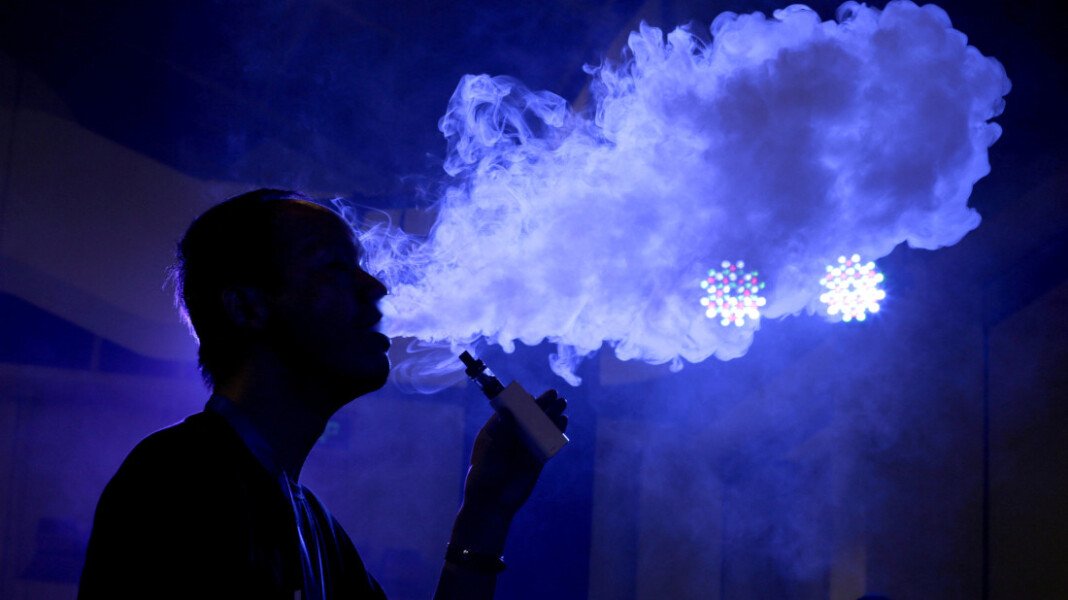New Delhi, Feb 20: Mothers Against Vaping, a united front of mothers combating the vaping crisis among our youth, has lauded the governments of Vietnam, Maldives and Belgium for taking definite steps to ban and restrict new-age gateway devices in their respective countries.
Experts, including doctors and child psychologists, also have supported these bans and have brought out the dangerous potency of the new-age gateway devices like vapes, e-cigarettes and electronic heat-not-burn devices on the health of children and youth.
Dr Rajesh Gupta, Additional Director Pulmonology and Critical Care, Fortis Healthcare Noida said vapes and different kinds of e-cigarettes are highly efficient at delivering nicotine into the body of the inhaler.
“When an e-cigarette is used, the nicotine vapour is rapidly absorbed into the bloodstream. This triggers the release of dopamine, the brain’s pleasure chemical, which reinforces and sustains the addiction,” Dr Gupta said.
“This poses an even greater danger to children and adolescents, as their brains are still developing. More often than not, this early addiction leads children to transition to cigarettes and other even more dangerous habits,” he said.
Mothers Against Vaping has been raising awareness about this concerning pattern of addiction among children and the youth who uses new-age gateway devices like vapes and e-cigarettes.
They emphasise that parents, teachers and other key stakeholders must realise the early signs of addiction and take steps to prevent children from indulging in this harmful habit.
Dr Bhavna Barmi, clinical psychologist and founder Happiness Studio said that it is not enough to impose a ban; there must also be a focus on early intervention so that children and the youth can stay away from these new-age gateway devices, especially as vapes and e-cigarettes find their way into the market through illegal means.
“We need to understand that children’s developing mental states make them particularly vulnerable to experimenting with addictive behaviours. Manufacturers exploit this vulnerability through appealing advertising and colourful vaping flavours. In their desire to fit in, children often follow peer behaviours neglecting their own well-being and leading them to indulge in vaping and other harmful activities,” he said.
Though banning cannot completely remove the availability of e-cigarettes for children and the youth, it still acts as a deterrent and strong enforcement can make a difference.
Vietnam and Maldives have joined about 33 countries that have banned vape consumption, including India, New Zealand, North Korea and Brazil. While Belgium joins about 87 countries which regulates electronic nicotine delivery systems.
Belgium has become the first country in the European Union to ban the sale of disposable vapes, aiming to prevent nicotine addiction among young people as well as protect the environment. Starting January 1, 2025, the sale of disposable e-cigarettes has been prohibited on both health and environmental grounds.
Aside, the WHO has been emphasising the urgent need for action to control e-cigarettes in order to protect children, non-smokers, and minimise health risks to the population.
It has pointed out that e-cigarettes are being marketed to children through social media and influencers, with at least 16,000 different flavours. Some of these products even feature cartoon characters and sleek designs, making them particularly appealing to younger audiences.
The WHO has raised concerns about the alarming rise in e-cigarette use among children and young people, with usage rates surpassing those of adults in many countries. (PTI)












